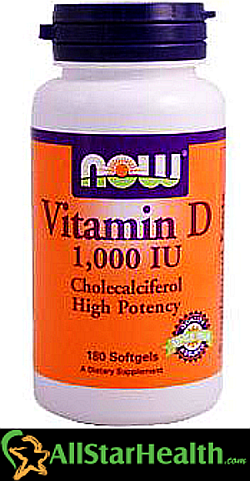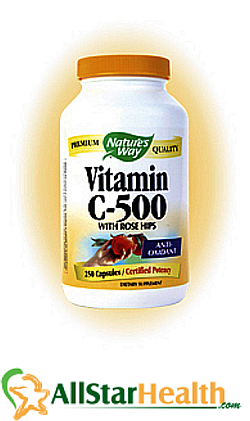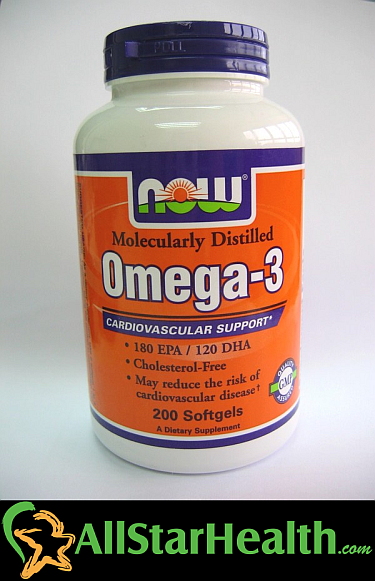Low Cost Health: Five Powerful Products Under Five Bucks

Some of the best supplements are the least-expensive. Seriously!
A frequent reason people cite for not using nutritional supplements is that they’re too expensive. We think nutritional supplements are a good investment no matter what your budget. You can’t put a price on health, but you can bet insurance companies, hospitals, labs, pharmacies and doctors can put a price on your health problems. If you value your financial security, then you’re crazy to take your health for granted. And even if you’re on a shoestring budget, there are some very affordable supplements that can make a huge contribution to protecting your health. How affordable? These five supplements – as of this date – cost less than five dollars for a one month supply. And reading today’s blog, of course, costs you nothing.
Vitamin D has really shot to the forefront as an indispensable – literally indispensable – nutrient for health. It’s indispensable because you need it every day, you can’t get much from your diet, and unless you’re out in bright sunshine on a frequent, regular basis you can’t manufacture it de novo in the skin which is our normal way of getting it. We call refer to D as a ‘vitamin’ but it functions as a regulatory hormone. That doesn’t sound too exciting, granted. But regulating the functions of cells of processes is key to maintaining health, and vice-versa. Cancer, for example, arises from the un-regulated growth of abnormal cells. Fearing the wrath of the FDA and medical establishment, it almost doesn’t matter what a vitamin D study proves, no one dares to come out and call vitamin D an anti-cancer nutrient – yet. But a large body of evidence points in that direction, and a great many health experts have included inexpensive vitamin D on their short list of supplements-that-everyone-should-take-no-exceptions like a multi and fish oil omega 3s.
Melatonin is like vitamin D in the sense that it also functions as a regulatory hormone, supporting thyroid and immune function and the function of other hormones. Melatonin is also a popular anti-aging supplement because it’s been shown to act as a powerful brain-protecting antioxidant. But melatonin is even better known as a great aid to sleep. Melatonin’s not so much a sedative or a relaxant, but coming back to the idea that it’s a regulatory hormone that optimizes body functions, it’s a better long-term approach than sedative products. Melatonin supplements won’t solve your sleep problems in one night. But taken consistently, melatonin re-establishes and maintains a healthy and restorative sleep cycle, where you’re falling asleep at the same time, sleeping throughout the night, and waking up at a regular time.
Speaking of anti-oxidants, vitamin C is probably the best-known anti-oxidant and as one of the oldest supplements, it’s long since stopped being exciting or cutting edge. But don’t underestimate the critical importance of vitamin C for heart and vascular health, immune function, health skin, vision, and more. Even if you take a multi, you could use more C than you get. Even if you eat a lot of fruits and vegetable, you could use more C than you get from your diet. Vitamin C cannot be stored and must be replenished every day, several times per day ideally. Nature’s Way has a great price on premium Ester C Vitamin C 500 mg with Bioflavonoids. Take one or two capsules per day.
Just like vitamins, omega 3 fatty acids are an essential nutrients too. Like vitamin D, it’s also particularly hard to get omega 3s from diet, evcen if you have an exemplary diet, since the best sources are foods American don’t eat very often; cold-water fish, flax seeds, walnuts. Omega 3 fats are crucial for brain and heart health, and many people notice big improvements in mod and disposition when supplementing with fish oil. As far as heart health, the value and protective effects of fish oil omega 3s can’t be overstated. Fish oils can be expensive – you’ll pay more for the ultra-concentrated enteric-coated softgels, for example – but no matter what your budget, you can afford to take at least one fish oil softgel per day, and two would be better.
Fiber is one nutrient almost anyone fails to get in sufficient amounts, let alone optimal amounts. You can only get fiber from plant foods, fruits, vegetables and nuts, primarily in their whole state. The more you process these foods, the less fiber they contain. That’s one of the main reasons nutritionists always harp about avoiding processed foods. Dietary fiber sources are usually a mixture of two types of fiber, soluble and insoluble, each with distinct benefits. Fiber does so many good things for you. It helps detoxify the digestive tract, lowers cholesterol, promotes healthy elimination, and reduces risk of certain diseases. When taken with meals, fiber supplements help you feel full with less food. You can get all of these benefits by using a fiber supplement like psyllium husk. Psyllium husk has a good balance of soluble and insoluble fiber and is a very dependable and effective fiber supplement, delivering great benefits for the price.
- Posted in Miscellaneous, Nutrition Myths, Top Ten Lists, Women's Health
- No Comments






